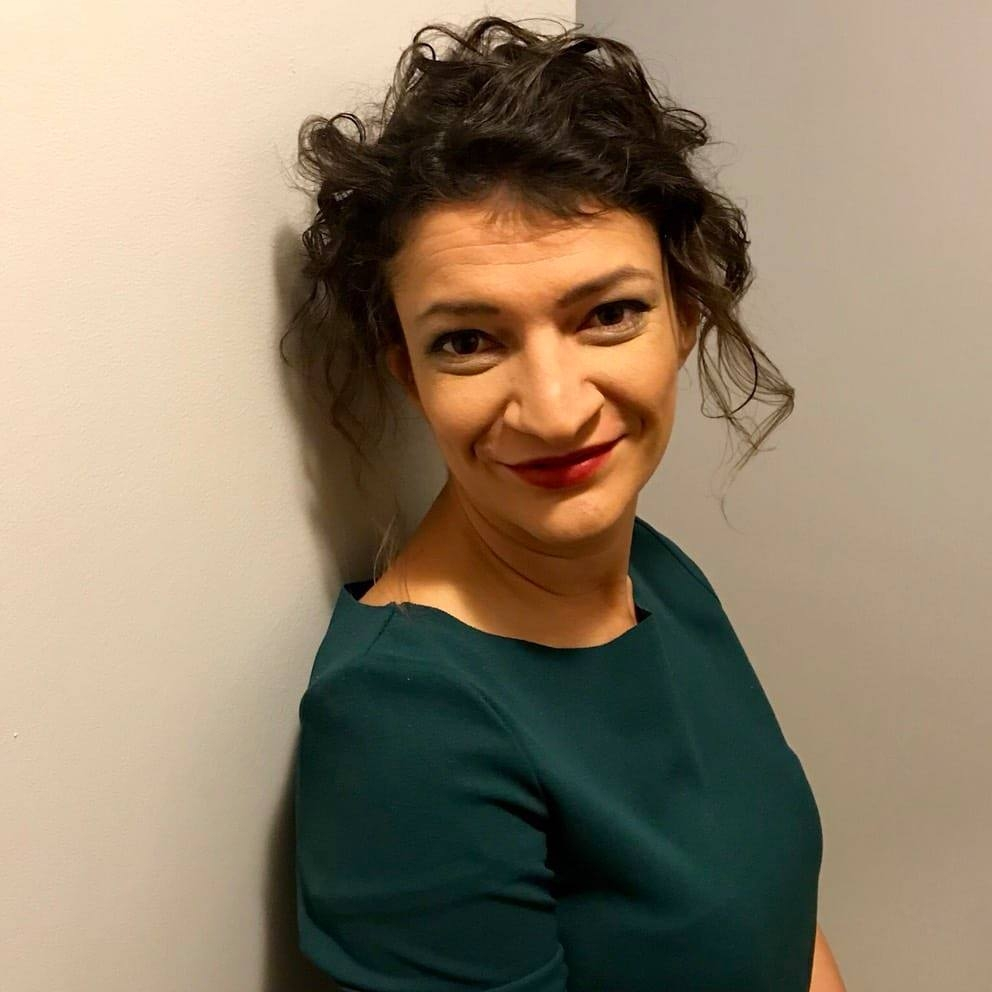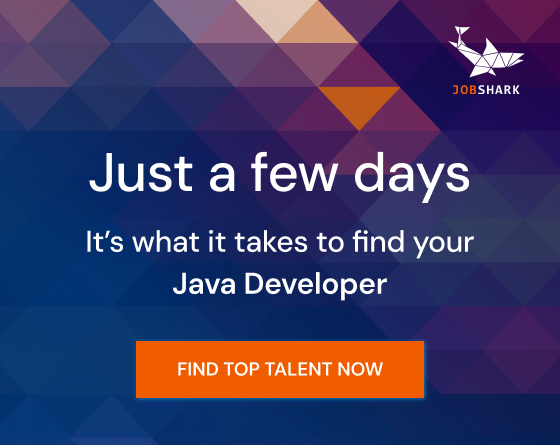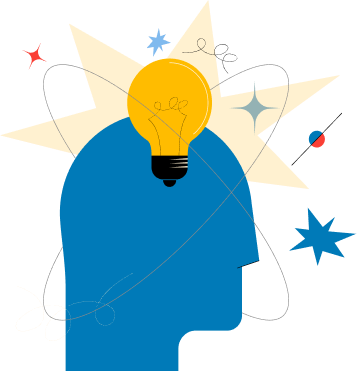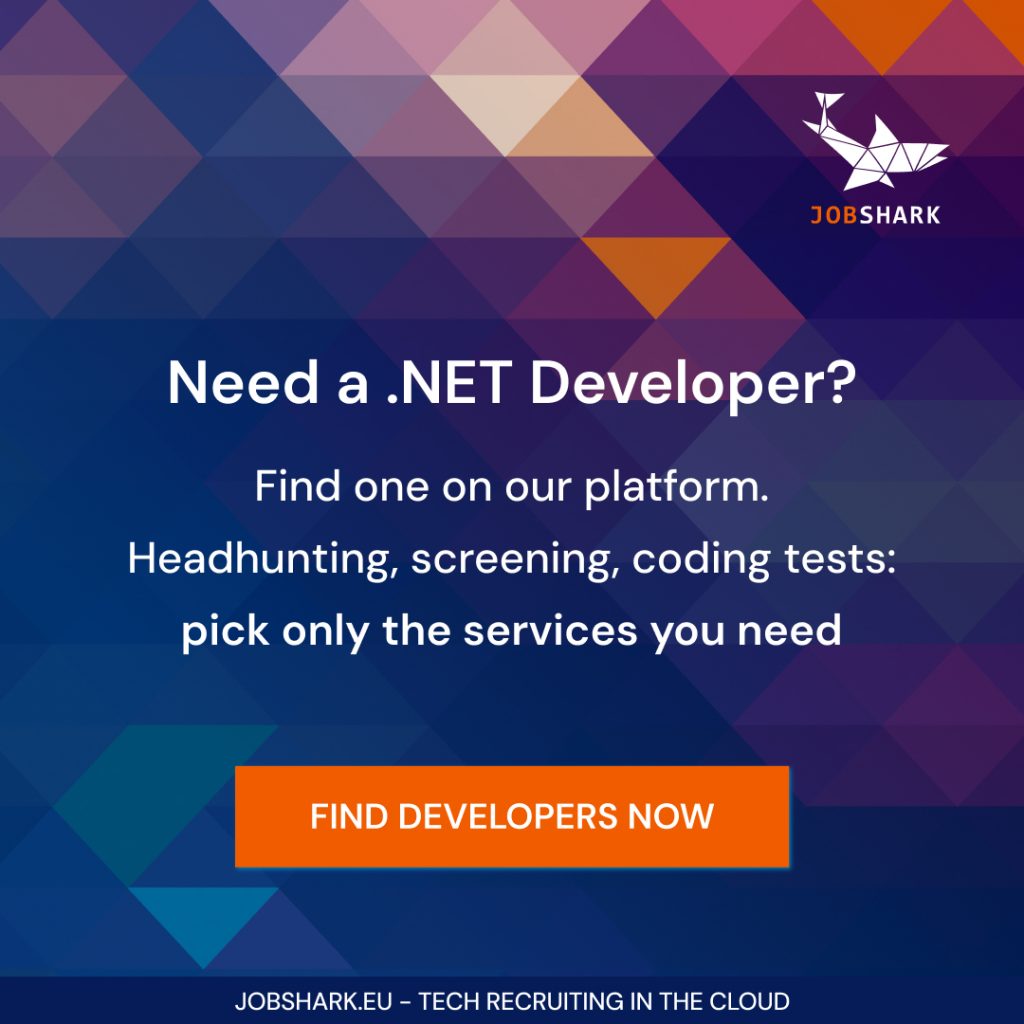As AI reshapes talent acquisition, we spoke with three technical recruiters from different countries — Kiran Aulakh, Cris Miranda, and Iveta Dumanova — about how they’re using AI in their daily work and what benefits and challenges they’ve encountered. Despite working in different markets and contexts, they shared similar experiences.
One theme emerged clearly: AI is accelerating workflows — speeding up the process of creating job ads, pitching candidates, and qualifying them. However, like all tools, AI is double-edged. Each recruiter emphasized the importance of balancing automation with empathy and oversight, keeping the human element central to the hiring process. They all agreed that streamlining operations is great, but not at the expense of candidate experience.
All three recruiters agreed that their role is evolving. With AI freeing up time, they can now concentrate on the bigger picture and address employer branding and other strategic aspects of talent acquisition.
Here’s what each of them shared.
Kiran Aulakh

Kiran Aulakh is a technical and early careers recruiter and Talent Manager based in the UK, with previous roles at Michael Page, Sparta Global, and Teach First.
TechTalents Insights: Do you remember when you started using AI in your daily work? How has your use of it evolved over time?
Kiran Aulakh: I started using AI tools in recruitment around 2018, and back then, it was quite basic — mostly automated CV parsing or keyword-based screening. It felt like a way to save time, but it wasn’t particularly sophisticated. Over the years, though, the technology has improved massively, and so has how I use it. Now, AI plays a much bigger role in my day-to-day.
TechTalents Insights: Can you share some examples of how you’ve integrated AI tools into your recruitment process?
Kiran Aulakh: I use it to help source candidates, particularly passive ones on platforms such as LinkedIn Recruiter, by identifying profiles that align with the skills and potential we’re looking for — not just matching job titles or keywords, but looking at patterns in someone’s experience and progression. For screening, I use platforms and tools that can assess applications and assessment scores at scale while reducing bias by anonymizing certain data points. And scheduling has become seamless with AI tools such as Calendly, that can coordinate interviews automatically across multiple stakeholders, which saves everyone time and hassle.
So, the shift has been from simple automation to something more strategic — it’s not just about efficiency anymore; it’s about using AI to add depth and quality to the process.
TechTalents Insights: How do candidates typically respond to AI-driven steps in the hiring journey? Have you made any adjustments based on their feedback?
Kiran Aulakh: Candidate responses are mixed, and I think that’s totally fair. Some really appreciate how quick and smooth things are when AI is involved — especially when it comes to things like scheduling or initial screening. But others are understandably cautious. People want to feel seen and understood, and there’s still some skepticism around whether a machine can fairly judge someone’s skills or potential.
That’s why I always try to be transparent. If we’re using AI at a particular stage, I let candidates know why, and what happens next. I also make sure there’s always a human touchpoint early in the process, so they don’t feel like they’re just going through a robotic system.
Based on feedback, I’ve also started reevaluating how we use certain tools. For example, we no longer rely solely on automated assessments without context — instead, we look at them as one piece of the puzzle, not the whole picture. For instance, if a candidate has a formatting error on their submission, it could still be marked wrong despite the answer being correct, and they wouldn’t pass the process. AI would simply disregard and offboard that candidate, and we wouldn’t have visibility of their aptitude or potential. A balance is required for sure.
TechTalents Insights: From your perspective, what is the impact of AI on recruiting so far? Can you share a few pros and cons?
Kiran Aulakh: AI has definitely made a big impact — some of it really positive, and some of it more complicated. On the plus side, it’s helped cut down time-to-hire significantly. It’s also opened up new ways to find talent that might have been overlooked in traditional systems — like people with unconventional career paths or transferable skills.
But there are trade-offs. One of the biggest risks is that if you’re not careful, AI can reinforce existing biases — because it’s learning from historical data, which isn’t always neutral. There’s also a danger of leaning too much on the tech and losing the human judgment that’s so crucial in this work.
TechTalents Insights: How do you see the role of the recruiter evolving?
Kiran Aulakh: I think the role of the recruiter is definitely changing. We’re moving away from being purely operational — screening CVs, arranging interviews — and becoming more like strategic partners. The human side of recruitment is more important than ever: understanding what a client and your candidate really need, spotting potential that doesn’t always show up on paper, and creating a positive, personal experience for candidates.
AI is a powerful tool — but it works best when it’s guided by people who understand both data and human nature.

Cris Miranda

Based in Brazil, Cris Miranda is Head of People and Culture at 4MK Solutions, a consulting firm specializing in data solutions.
TechTalents Insights: Do you remember when you started using AI in your daily work? How has your use of it evolved over time?
Cris Miranda: As a professional with a solid background in Human Resources and a passion for innovation and technology, my encounter with Artificial Intelligence felt not only natural but inevitable. My journey with AI began around 2020, driven by a genuine curiosity to understand how technology could support more accurate decision-making in the hiring process.
Initially, I implemented solutions that focused on automating operational tasks, such as resume screening and interview scheduling. These tools delivered immediate gains in efficiency and standardization, especially in high-volume recruitment processes.
As generative AI evolved and predictive algorithms became more sophisticated, I began integrating the technology in a much more strategic way.
TechTalents Insights: Can you share some examples of how you’ve integrated AI tools into your recruitment process?
Cris Miranda: Currently, I use AI resources across a variety of tasks, from crafting more inclusive, SEO-optimized job descriptions to conducting behavioral analysis — combining frameworks like DISC with intelligent models to refine the understanding of candidate profiles and potential.
In more complex and highly critical processes, AI is also applied in talent mapping, predictive ranking based on historical performance data, and even in predicting cultural fit. This hybrid approach — combining technology with human intelligence — has proven to be a competitive advantage in my work as a recruiter and talent manager.
TechTalents Insights: How do candidates typically respond to AI-driven steps in the hiring journey? Have you made any adjustments based on their feedback?
Cris Miranda: Throughout my experience, I have found that transparency plays a decisive factor in candidates’ acceptance of technology. Whenever I clearly communicate which steps are driven by AI, explaining the criteria and purposes behind this choice, the response is usually positive.
However, in some cases, I’ve received feedback pointing to discomfort with processes that felt overly automated, which led me to reevaluate the candidate journey. As a result, I reintroduced human touchpoints after automated steps, like a quick chat with a recruiter following the initial screening. It helps create a sense of care and reinforces the human side of the process.
I truly believe technology should act as an enabler, never as a barrier between people. Personalizing the candidate experience — listening carefully to their signals and adjusting the process with empathy — is a crucial part of making hiring both ethical and effective.
TechTalents Insights: From your perspective, what is the impact of AI on recruiting so far? Can you share a few pros and cons?
Cris Miranda: Artificial Intelligence has been transformative for the recruitment sector, bringing greater speed, scalability, and accuracy to screening and data analysis. With AI, we can significantly accelerate time-to-hire, reduce unconscious bias in the early stages, and broaden access to diverse talent — often beyond traditional channels.
On the other hand, it’s crucial to maintain a critical perspective on the risks involved. Automation without careful oversight can reinforce existing inequalities when driven by biased data sets. That’s why I strongly advocate for an ethical, conscious approach that prioritizes diversity and inclusion at every step.
TechTalents Insights: How do you see the role of a recruiter evolving?
Cris Miranda: I see a clear shift from an operational function to one that is increasingly consultative and strategic. AI frees up time for us, as HR professionals, to focus more deeply on areas like employer branding, employee experience, and organizational culture.
I believe the future of recruitment lies in combining the precision of technology with human sensitivity. Using AI ethically is a responsibility for anyone committed to building smarter, more human, and more sustainable organizations.

Iveta Dumanova

Iveta Dumanova is a tech recruiter at Jobshark, a platform supporting companies with their IT hiring needs.
Jobshark itself provides employers with valuable AI features, including an AI-powered job ad creator. Built on a proprietary model that is continually learning and improving, this tool produces tailored job postings in 23 languages — and counting — based on the specific role requirements and publicly available information about the company.
Its recruiters are also using AI in their daily work with candidates, balancing their human expertise with smart automation.
TechTalents Insights: Do you remember when you started using AI in your daily work? How has your use of it evolved over time?
Iveta Dumanova: About a year ago, I started using AI to write job descriptions. In just one year, AI has become significantly important in my daily work. It now helps me connect with talent in a saturated market.
TechTalents Insights: Can you share some examples of how you’ve integrated AI tools into your recruitment process?
Iveta Dumanova: I’m constantly experimenting with new ways to attract candidates. So, for example, I use AI to pitch candidates. You know, most of them are overwhelmed or disengaged — recruiters often rely on the same tired phrases, and the result is that many candidates won’t respond at all. That’s where AI comes in: it helps me craft messages that are more engaging and personalized. I use it to cut through the noise and spark genuine interest.
TechTalents Insights: How do candidates typically respond to AI-driven steps in the hiring journey? Have you made any adjustments based on their feedback?
Iveta Dumanova: Candidates typically appreciate the speed and efficiency that AI brings, especially in the initial stages of the recruiting process. However, some express concerns about fairness and the lack of personal interaction, because they’ve had negative experiences in the past. So, we maintain human touchpoints throughout the process. As I mentioned, I primarily use AI in the early steps, such as during the initial pitch. After that, I prefer to switch to personal communication — as human beings!
TechTalents Insights: From your perspective, what is the impact of AI on recruiting so far? Can you share a few pros and cons?
Iveta Dumanova: AI has significantly streamlined the recruiting process by automating repetitive tasks — such as screening CVs and scheduling interviews. So, it saves time. It also improves candidate matching and even helps reduce bias during early screening, which is great.
The cons are that there are important qualifications that AI can’t evaluate. AI can’t tell you if someone’s got emotional intelligence, for example. Moreover, if you over-rely on AI in the recruiting process, you will harm the candidate experience, which needs the human touch. So, recruiters need to strike a balance in their use of AI throughout the hiring process.
TechTalents Insights: How do you see the role of a recruiter evolving?
Iveta Dumanova: It’s clearly evolving into a very strategic one. Because of automation, we now have more time to focus on building relationships and establishing the employer brand. Of course, we now also must oversee and ensure fairness in AI-driven processes.

Key takeaways
When used thoughtfully, the boost of productivity brought by AI will help enhance — not erode — the personal touch of talent management. The key is to blend the efficiency of AI with the empathy and nuance that only human professionals can bring. As one of the recruiters noted, “AI can’t tell you if someone’s got emotional intelligence, for example.” While AI frees up time for recruiters and allows them to think more strategically, their role now requires overseeing the work done by AI.
Glad you made it this far!
Want more? Join the TechTalents Insights newsletter for expert insights and upcoming trends delivered every other week — at no cost. Click here to subscribe.




